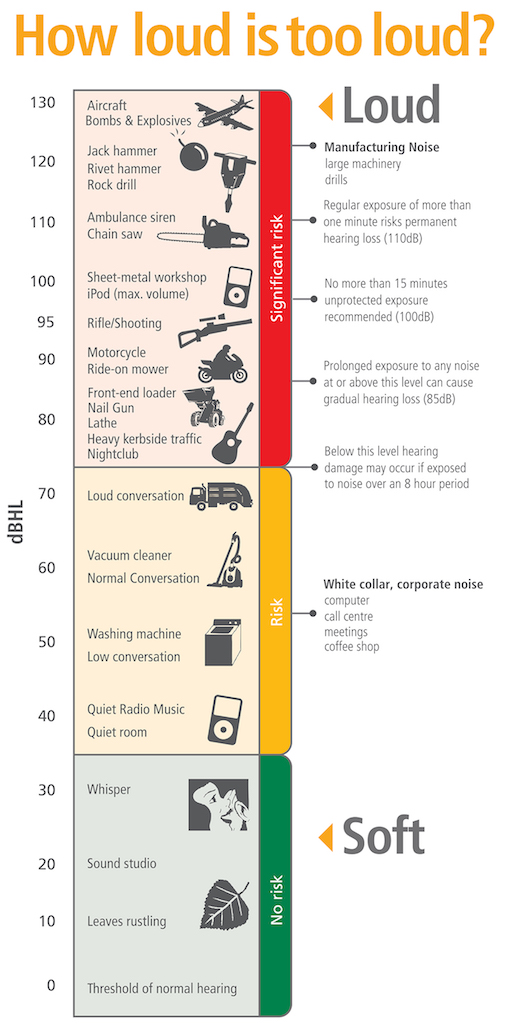DID you know that the average person views hearing aids as a sign of old age?
There is a misconception that hearing loss is an inevitable consequence of ageing and an even bigger misconception that hearing aids are required over a certain age. Let’s bust some common myths about how we hear and ageing and hearing loss.
Surely my hearing is normal for my age?
Our hearing gradually gets worse as we grow older, particularly to sounds in a higher pitch. Hearing loss is the third most common condition affecting adults over the age of 50.
This deterioration occurs equally in both ears and because the loss is gradual, we may not acknowledge hearing difficulties and complain that others no longer speak clearly.
While it is normal for our hearing to decline over time, normal hearing is still being able to detect speech sounds to communicate easily.
Communication is a two-way street and when hearing is no longer in the normal range, it may cause communication difficulty for the person with hearing loss or for their communication partners.
The normal range of hearing is based on communication ability rather than age.
Hearing loss and tinnitus (noises in the ears) could also be due to an undetected medical condition. This could be a blockage of the outer or middle ear or even damage of the inner ear or neurological pathways.
I’m too young for hearing aids
Even mild hearing loss can make it hard to understand speech, particularly in noisy environments. Hearing loss can also make it hard to enjoy talking with family and friends, leading to withdrawal and to feelings of social isolation and ultimately depression.
Many people with hearing loss are insecure about wearing hearing aids because they don’t want people to know about their hearing loss.
I was exposed to loud noise, but that was many years ago
Exposure to excessive noise is a common cause of both hearing loss and tinnitus. Nearly 40 per cent of all hearing loss is noise related.
Hearing damage from noise exposure is cumulative, so even if you were exposed to noise in your early 20s, it will still impact on your hearing in your 50s.
Hearing difficulties due to noise exposure may only become obvious when someone develops age related hearing difficulties in addition to noise induced hearing loss.
Why do you ask about my general health when you check my hearing?
Other conditions that can cause permanent hearing loss or tinnitus are associated with diabetes, obesity, heart or circulation problems, a range of neurological conditions, chemical exposure and the use of some medications.
Every adult over the age of 50 or those with any of these conditions or risk factors should have an annual hearing screen to monitor hearing.
If testing detects any differences between the left and right ears a full audiological diagnostic test should be performed. Changes in hearing can be an early indicator of other more serious medical conditions.
As with most medical conditions; early intervention achieves better outcomes.
The Audiologists at Attune Hearing work closely with ENT Specialists and can provide both screening and full hearing evaluations with a GP’s referral.
































